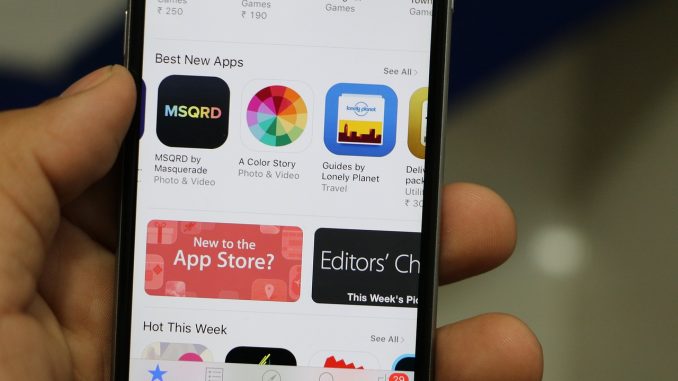
The creator of the popular video game Fortnite, Epic Games, has won a US court battle against Google, as a jury ruled that the tech giant had engaged in an illegal monopoly.
Epic Games filed the lawsuit in 2020, alleging that Google unlawfully established its app store as dominant over competitors. This affects the installation of apps on smartphones powered by Google’s Android software, which is used by hundreds of millions of people.
Google Play Store, one of the world’s largest app stores, rivals Apple’s App Store. Android powers approximately 70% of global smartphones, and Epic Games claims that over 95% of Android apps are sold through the Play Store. Although not as profitable as Google’s search business, the Play Store provides access to billions of mobile devices.
The California jury unanimously sided with Epic Games on all counts, with the court set tp make further announcements about compensation in January next year.
Despite Google expressing its intention to challenge the verdict, Epic Games CEO Tim Sweeney celebrated the decision, declaring it a “Victory over Google!” on X (formerly Twitter).
While facing this legal setback, Google remains committed to defending its business model, as the company claims it provides plenty of choice on Android and Google Play.
The trial highlighted Google’s fierce competition with Apple and other app stores on Android devices and gaming consoles, according to Wilson White, Vice President of Government Affairs and Public Policy at Google.
The case also scrutinized Google’s transaction fees of up to 30% for Android app developers and the bundling of its Play Store and billing service.
The ruling may grant developers more control over app distribution and revenue generation. Google argues that its commissions are competitive, offering extra benefits such as transaction security and protection against malware.
If the ruling stands, Google may be ordered to allow more app stores on Android devices, resulting in a potential loss of revenue from in-app purchases.
Epic Games, with its own PC app store competing with Steam, highlighted evidence during the trial that suggested Google engaged in anti-competitive practices, paying developers to abandon their stores and forming exclusionary agreements with device manufacturers.
Following the verdict, Epic Games called for more legislation and regulations to address the perceived strangleholds Apple and Google exert over smartphones.


Leave a Reply